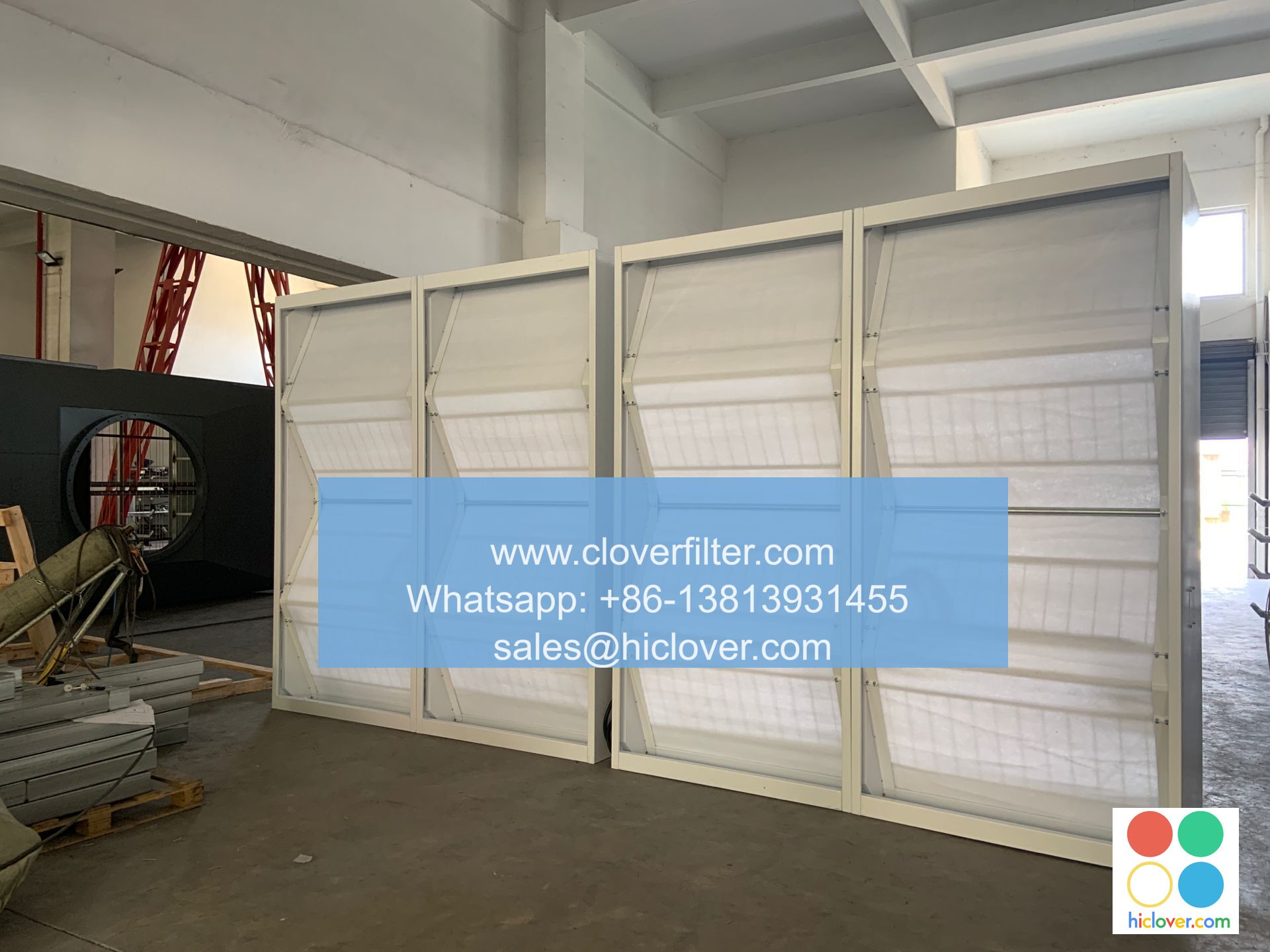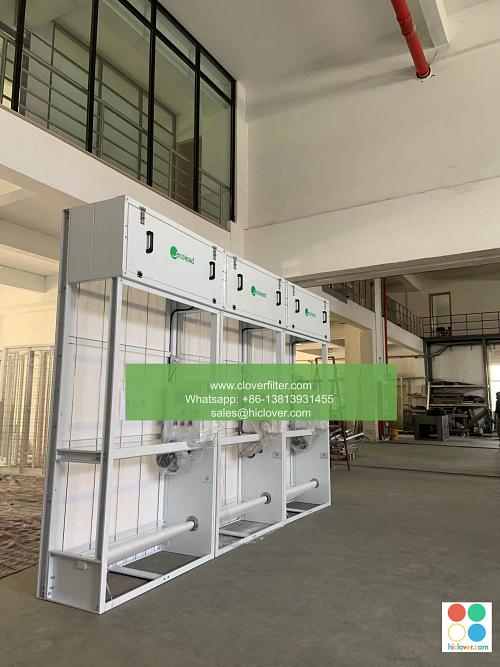The Importance of Air Filtration in Pharmacies

Air filtration is a critical component of infection control and prevention in pharmacies, playing a vital role in maintaining a sterile environment for patients and personnel. The pharmacy setting, where medications are prepared and dispensed, is particularly vulnerable to airborne contamination, which can compromise patient health and safety. In this article, we will highlight the importance of air filtration in pharmacies, discussing its applications in hospital pharmacy settings, compounding pharmacy settings, and community pharmacy settings.
The Risks of Airborne Contamination in Pharmacies
Pharmacies are at risk of airborne contamination from various sources, including bacterial spores, viral particles, and mold spores. These microorganisms can be introduced into the pharmacy environment through various means, such as personnel movement, patient traffic, and ventilation systems. If left uncontrolled, airborne contamination can lead to infection outbreaks, medication contamination, and patient harm.
The Role of Air Filtration in Preventing Airborne Contamination
Air filtration systems are designed to capture and remove airborne contaminants, providing a sterile environment for pharmacy operations. By installing and maintaining effective air filtration systems, pharmacies can minimize the risk of airborne contamination, protecting both patients and personnel from infectious diseases and allergic reactions. Some key applications of air filtration in pharmacies include:
* HEPA filtration: High Efficiency Particulate Air (HEPA) filters are capable of capturing 99.97% of particles as small as 0.3 microns, making them an effective solution for removing airborne contaminants in pharmacy settings.
* UV-C disinfection: Ultraviolet-C (UV-C) light disinfection systems can be integrated with air filtration systems to provide an additional layer of protection against microorganisms.
* Pharmaceutical compounding: Air filtration systems are particularly important in compounding pharmacy settings, where sterile compounding requires a high level of air quality control to prevent contamination.
Application Areas for Air Filtration in Pharmacies
Air filtration systems have various applications in pharmacy settings, including:
* Hospital pharmacies: Air filtration systems are critical in hospital pharmacies, where medications are prepared and dispensed in a high-risk environment.
* Compounding pharmacies: Compounding pharmacies require air filtration systems to maintain a sterile environment for preparing customized medications.
* Community pharmacies: Community pharmacies can benefit from air filtration systems, which can help prevent the spread of infectious diseases and allergic reactions in the pharmacy setting.
Best Practices for Implementing Air Filtration in Pharmacies
To ensure effective air filtration in pharmacies, the following best practices should be implemented:
* Regular maintenance: Regularly inspect and maintain air filtration systems to ensure optimal performance.
* Filter replacement: Replace air filters according to the manufacturer’s recommendations to maintain air quality.
* Monitoring and testing: Monitor and test air quality regularly to ensure the air filtration system is functioning effectively.
In conclusion, air filtration is a critical component of infection control and prevention in pharmacies, playing a vital role in maintaining a sterile environment for patients and personnel. By understanding the risks of airborne contamination and implementing effective air filtration systems, pharmacies can minimize the risk of infection outbreaks, medication contamination, and patient harm, ultimately protecting patient health and safety. It seems like you didn’t include a question or topic for me to address. Could you please provide more context or specify what you would like to discuss? I’m here to help with any questions or topics you’d like to explore.

